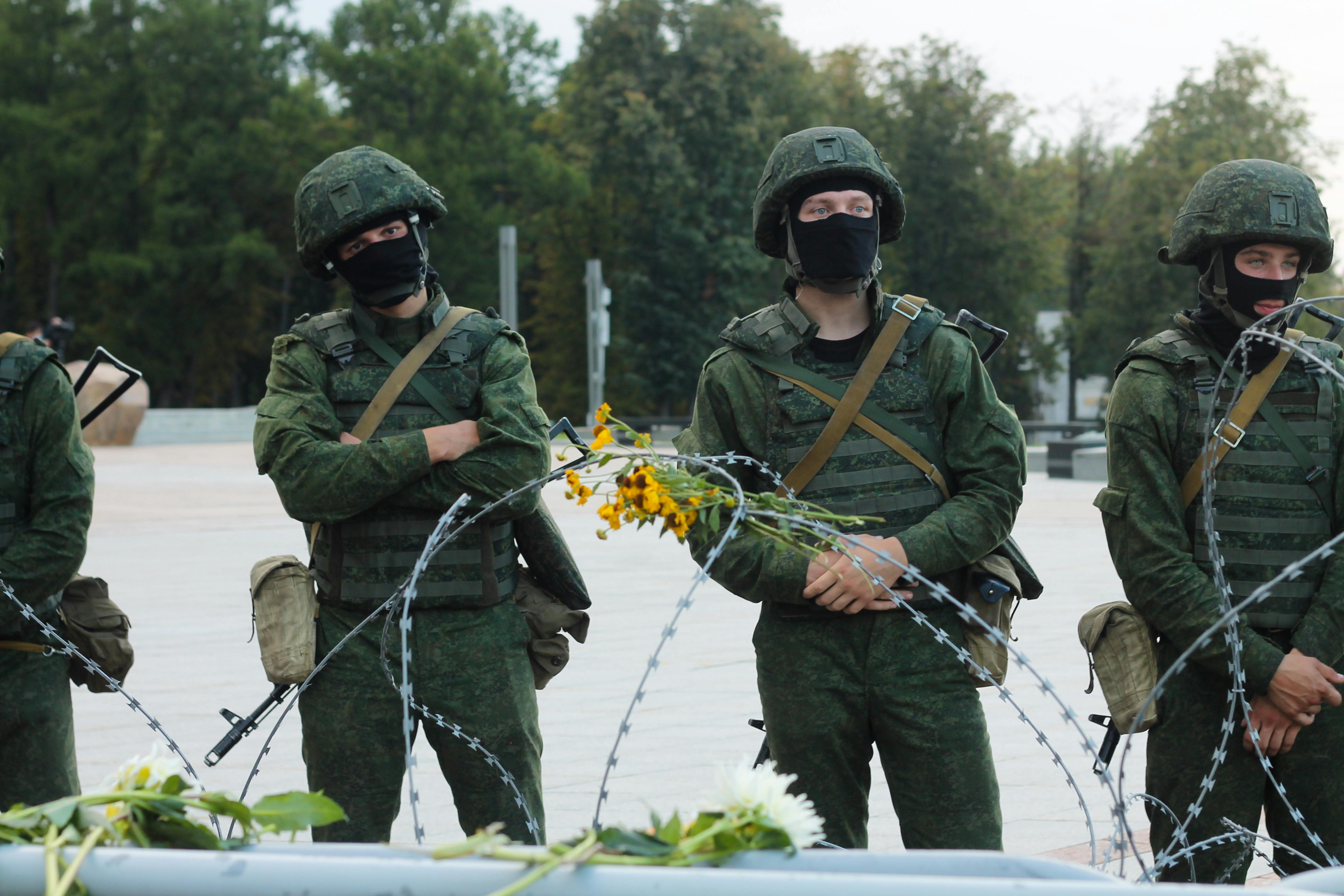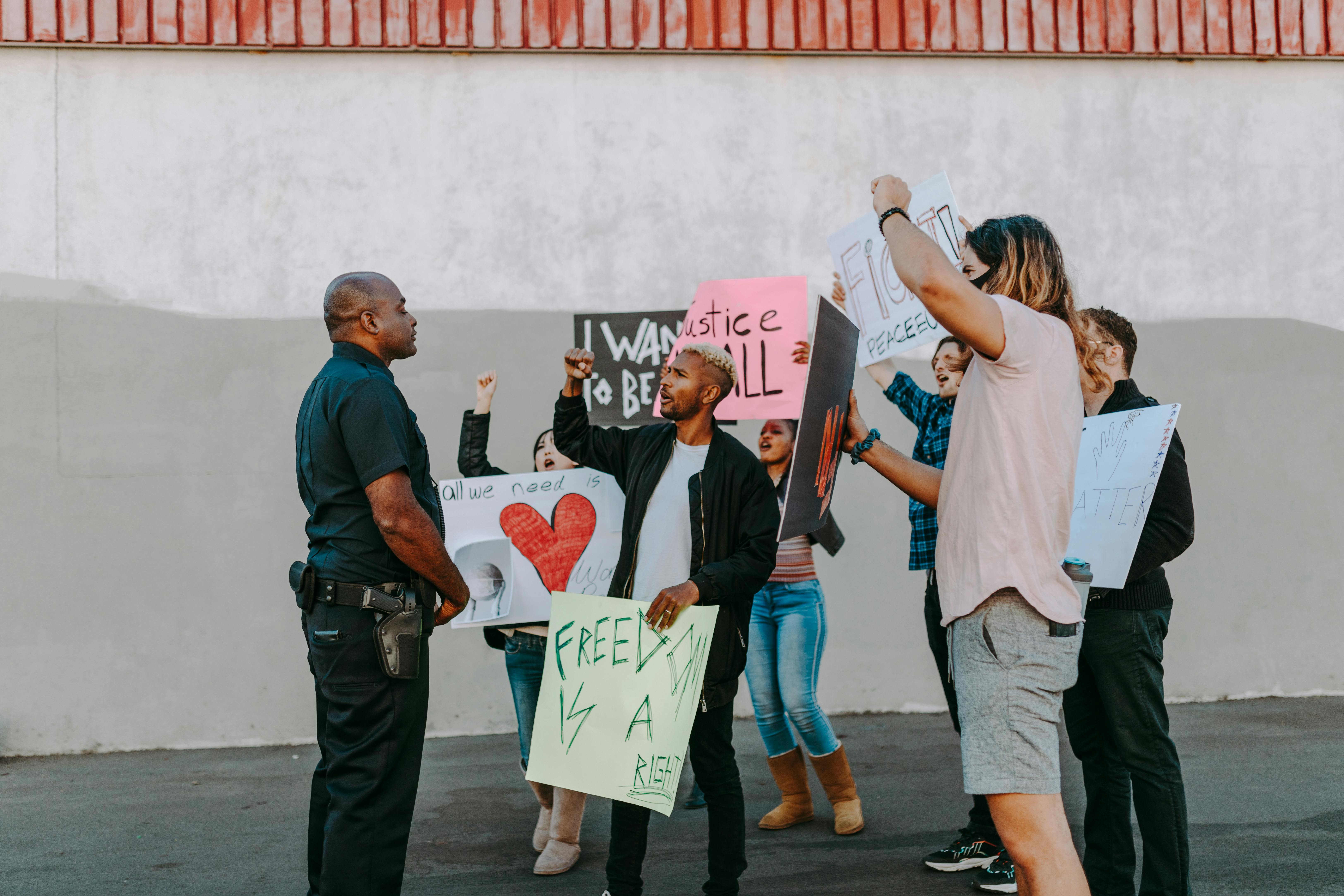As citizens, we have the noble role of promoting national interests inside and outside the country, so that people feel attracted to invest in it.
In our respective capacities, we have platforms, both offline and online, that can be used to conduct business and promote trade between the country of origin and other countries in the region or anywhere else in the world.
In fact, we can better use these platforms to serve our people and the world for the greater good. There is no better force to show than empowering ordinary citizens to reach their potential, anywhere in the world. An empowered citizen is potentially healthy, productive, leads a dignified life, participates constructively in development efforts and promotes good governance, is capable of making investments, and contributes to the prosperity of the nation.
Youth and youth leadership involvement is a succession strategy to gain much-needed leadership experience to take over the management and administration of the country once aging leaders retire from public service or for natural death. Participants in local and international platforms on leadership, research and innovation tend to have the leadership skills to provide their respective countries with safe paths towards sustainable development and peace.
For Uganda, the story is different. Youngsters are reduced to endless partisans from the withered crop of leaders and fight against other potential youngsters so that they never get a chance to become senior leaders. For example, a nomination quota of 2 million potential youth is required to participate in elective politics, which most unemployed and economically disadvantaged youth cannot afford. This means that only the wealthy, who are often the children of aging leaders, or the children of parents with powerful businesses and a strong association with the reigning leadership, qualify for the top position, if at all, they are not committed to stay away from them. This fosters inequality, underachievement, and entrenched poverty in the country. The young man detaches himself from events in the country and realigns himself with the outside world, which is ready to welcome him and provide him with platforms for self-determination and emancipation.
Downtrodden youth use their networks to interest international actors in issues that affect the development of the countries of origin. In addition, they leave the country by force, where they see no future, to foreign lands that renew their hopes for a better future. These are areas in which it considers it necessary to invest to facilitate the improvement of the business environment, allow free movement and trade. For this to happen, security is key, be it physical, human, environmental or socioeconomic. They all contribute to high consumption, increased demand, increased productivity, and the freedom to do business, which are indicators of prosperity. Therefore, your role and support for the transformation of our political party and country is very crucial, timely and necessary.
Associations play a leading role in pooling resources and channeling them to achieve a common development cause. It is meaningful and constructive to work together, especially in times of crisis and uncertainty, so that partners can mobilize and carry out joint implementation exercises to meet established development goals and promote inclusive and sustainable governance systems. It is also relevant that any type of support can be found outside the usual sources to strengthen progress and point to greater achievements for a group or community of interest. Greater attention should be paid to building financial sustainability and technical capacity to address the challenges facing the country’s youth and development, and correct political and economic injustices, the collapse of the rule of law, the disenfranchisement of rights of 70% of the country’s youth, youth unemployment and rampant poverty.
Fortunately, there are development programs that provide entry points for young people to turn their ideas into material benefits, such as regular national elections, public service, commercial agriculture, ecotourism, and environmental conservation. This increases the involvement and participation of young people in ways that transform their undesirable socio-economic and political situation, thus avoiding the uncertainties that Ugandans have about our economy, politics and social life. In addition, this helps prevent violent protests, murders and unnecessary deaths, foster business growth, promote foreign investment, promote healthy relations between states, and drive economic growth for the country and the region.
Up to levels of income inequality, poverty, and limited political power, the future remains uncertain in terms of inclusive and sustainable well-being. The forecast indicates a future worse than the present in terms of limited influence in decision-making, entrenched corruption, poor social services, unemployment, business failures, household poverty, poor health care, and poor quality infrastructure. On the other hand, the country will be characterized by widespread discontent, high levels of crime, growing threats to human security, characterized by preventable deaths, socioeconomic tensions, and political instability.
In such an environment, production, investment, and markets are limited, leading to economic collapse. Statistics on poverty are not friendly at all. The number of Ugandans languishing in poverty is increasing every year. This is shown in a greater number of people, who are poor from 19.7% in 2017 to between 21.4 and 25% in 2019. Experience shows that the poor, by not breaking the cycle of poverty and dying of hunger and malnutrition, lead to conditions.
The measure used to measure poverty is the ability of Ugandans to maintain a livelihood above $1 per day. However, this varies from one geographic location to another. In some places, a dollar a day sustains life more than in other parts of the country. On average, a minimum of $2 is required to serve food. This means that the individual in that category cannot pay for medical treatment, pay rent, meet the basic needs of his family and secure his future with decent livelihoods. In fact, chronic poverty levels are reasonably higher, up to 60 percent. In that sense, human security and investments are in danger.
Cities and urban centers are facing a high incidence of crime more than ever. The 2019 Uganda Police Crime and Road Safety Report shows that crime reached 87.5% from 67.1%. It is a big concern now that when Ugandans leave their homes they are not sure of their safety to and from home. Their dreams are easily cut short by violent crime and sudden death or loss of valuable assets. In certain places in Kampala, deaths occur daily due to lawlessness.
Young people, mostly poor, are at risk of joining criminal gangs to achieve their unfulfilled goals, such as acquiring property and living a decent life. Women and girls bear the brunt: they are raped, killed for ransom and trafficked into prostitution. We can help save our people from extremism by actively engaging government in solving the socioeconomic challenges facing our youth and expanding government-led investment to provide tangible solutions to unemployed youth. This is helpful with the introduction of free vocational education for school leavers to encourage self-employment, foster transparency during public service delivery, and enable equal participation of Ugandans in government-run development programmes. in selected regions of the country.
Although the Covid19 outbreak taught the world to adopt an inclusive development strategy and pro-people political agendas, experiences show another side of the coin; pro-people agendas were temporarily established and implemented in the short term, and manipulated in the medium and long term frameworks. This shows that no worse history and experience can teach human beings to take precautions and reform anti-social practices that make the masses vulnerable to natural hazards and preventable risks. It is more difficult to manage crises without the young generations. Crises are more damaging without the active role of youth in governance.
Otherwise, the most logical thing is for young people to actively participate in the development of their country and in any positive changes for future well-being. On the other hand, young people must demonstrate interest, capacity and willingness to play leadership roles in governance and development, demonstrating capabilities at their current levels and states. This will greatly contribute to the productivity of the young population, security and peace of the country.
Equally significant is the government’s deliberate effort to involve youth in national development planning, implementation, monitoring and evaluation of activities for national transformation, prosperity and sustainable peace. And make sure the proper reporting and accountability systems are in place and transparent.
Stakeholders, including youth, must witness how well civil servants perform for the general good of their country so that the great deeds of exceptional civil servants will be reproduced once the new generation of civil servants and leaders take control of the country.




